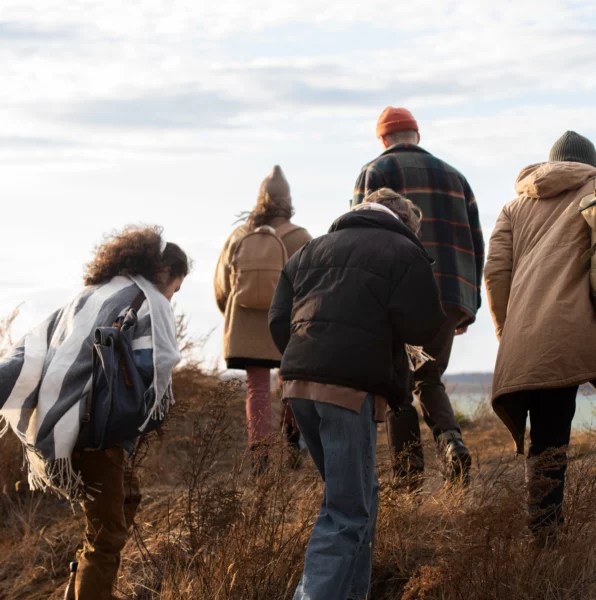Science communication research and practice have so much to learn from one another, says Mhairi Stewart, Head of Public Engagement at the University of St Andrews. For her it is key that both focus on the process of delivering communication as much as on the products and make more of the things they have in common.
“I’d like to see practitioners and researchers working together”
Mrs. Stewart, why do you think that it is important for science communication research and science communication practice to work together?
The simple answer is: because we have so much to learn from each other. We are two groups of people working towards a common goal but the issue is that we are misunderstanding what the other group does exactly and how we are trying to achieve that goal. The offset is that science communication professionals – and I mean this in the broadest sense possible – are not just about the product: communicating. We also have to think of process such as marketing, culture change within our institutions, and training of each other as well as of researchers. And to do that effectively it is not just about training for communication skills only, but about training in the process of delivering communication as well.
If you then look at the side of science communication research, it is very heavily focussed on the product rather than process and that is where the discontinuity is. And, thus, it is of very limited use to the practitioners. I also think, that researchers do not take advantage of us and our experiences as practitioners. So while we have some things in common we are not making enough of that.
What reasons do you see for this divide?

I think it is a problem of perception. I often hear researchers in science communication say that the problem when communicating with communication professionals is that they don’t understand the research jargon. That makes me angry because the one really important part of being a communicator is to be able to translate jargon and help people communicate in a jargon-free way. Communication professionals are decoding research from anthropology to quantum mechanics and to be frank decoding social science is not harder than decoding astrophysics. That shows that the problem is not about jargon but about reaching out. Science communication researchers need to be better at communicating and listening and public engagement professionals need to be better at reading research as well.
What can be done to overcome this barrier?
I think researchers need to be a little more humble and understand that much of the research they are producing is of limited relevance. Practitioners need to be a little less blind to the resources the research offers. But this realisation is already in progress and we are going in the right direction.

In an ideal situation what would working together look like?
Do you think science communication researchers are actually interested in the kind of dialogue you describe as beneficial?
I might not have said yes a year or so ago, but I am saying yes now. Researchers are starting to see the benefit of collaboration and thus, they start to become more interested. The biggest advances in any kind of research are made in the boundary spaces between research fields and I think the impact agenda in research worldwide is driving people to make their research more applicable and actually consider practitioners as someone to work with.
Looking back, do you think that there are problems in science engagement that could have been averted if we had a better relationship between the two fields?
Yes. From a U.K. perspective, I think we could have been much better at embedding engagement institutionally if we had taken more notice of research on subjects like culture chance or internal marketing. I think that would have helped to solve some of the issues of institutions not placing public engagement as a central pillar in their activities.
What happens if we fail to connect the two areas?
I think the two fields will continue to diverge. Public engagement will end up being superseded by something else that will reinvent the wheel all over again. Research will not increase its impact on society – and I mean research in general and not just science communication research – other than in some limited areas. The skill-base for researchers to communicate will not improve and we will end up reinvesting in reinventing the wheel. If public engagement professionals do not exist anymore we will shoot ourselves in the foot with regards to the impact agenda. For science communication research it will mean not advancing in the inter and trans-disciplinary way it could though the consequences are not as grim as for practitioners. But I am hopeful that it will not happen.
The notion for bringing both sides together is currently driven by quite senior people. What can be done to transfer that notion to all areas and levels of the field?






